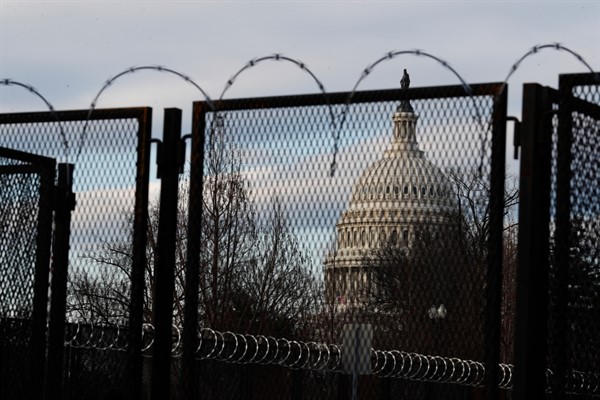In 1962, in the immediate aftermath of the most devastating famine and worst man-made disaster of the modern era, senior officials in the Chinese Communist Party sought to initiate a review of state policies that had just killed between 30 million and 40 million people in China.
China’s ruler at the time, Mao Zedong, objected to any major change of course or even a frank assessment of the situation, and especially to anything that might tarnish his reputation or threaten his future legacy. But as the regime’s No. 2, Liu Shaoqi, warned, “If we fundamentally refuse to acknowledge that there have been shortcomings and errors … then no summing up of the experience can be carried out, and bad cannot be turned to good.”
Mao responded that his so-called Great Leap Forward—the disastrous period of rapid collectivization and industrialization under review—had been “nine fingers” good to “one finger” bad. Not only did the warnings of Liu and others fail to get the Chinese leader to reconsider things, but, feeling threatened in his hold on power, Mao soon began plotting a violent purge of all his suspected opponents, no matter how highly placed, and surrounded himself with sycophants instead.

